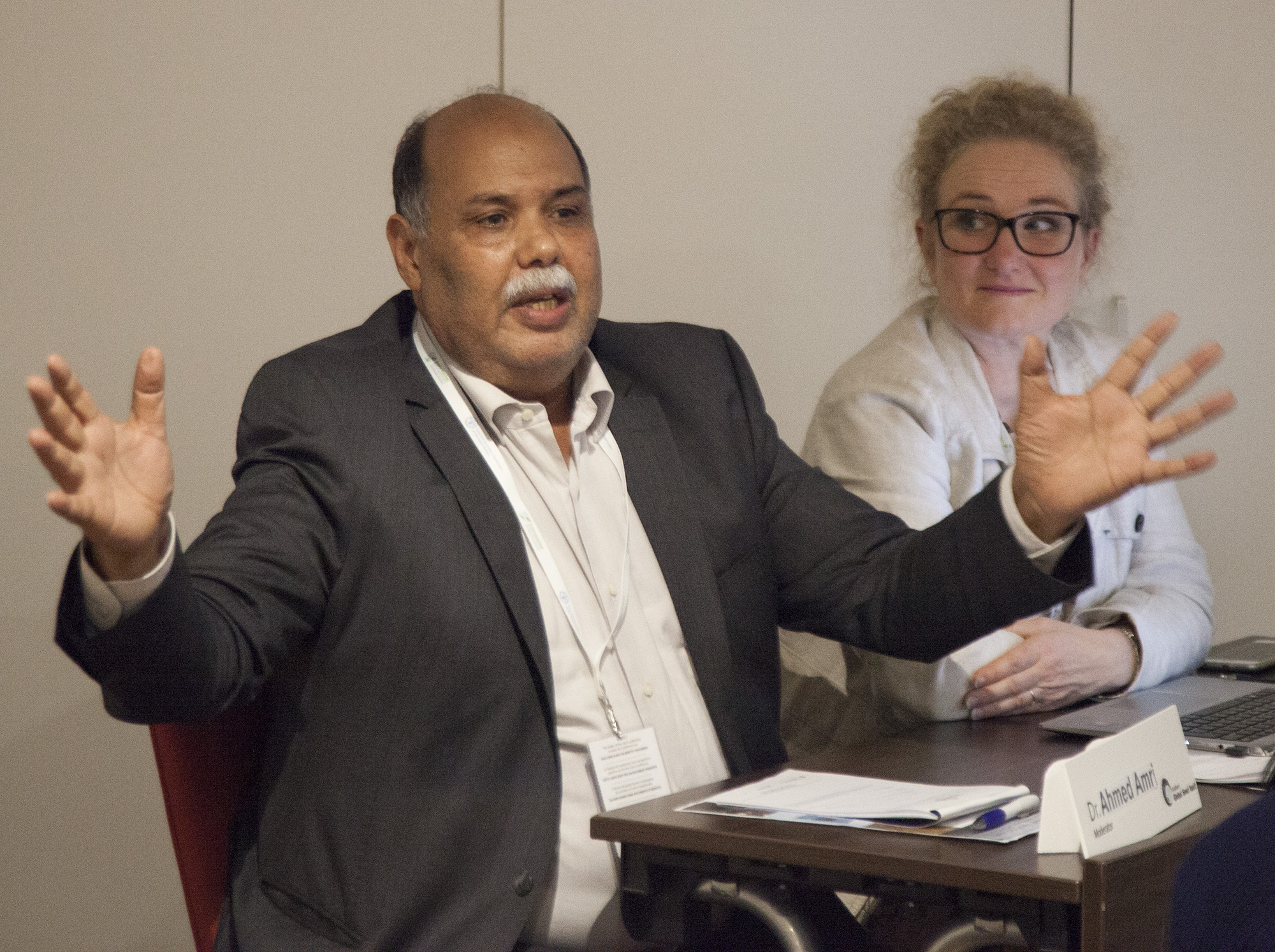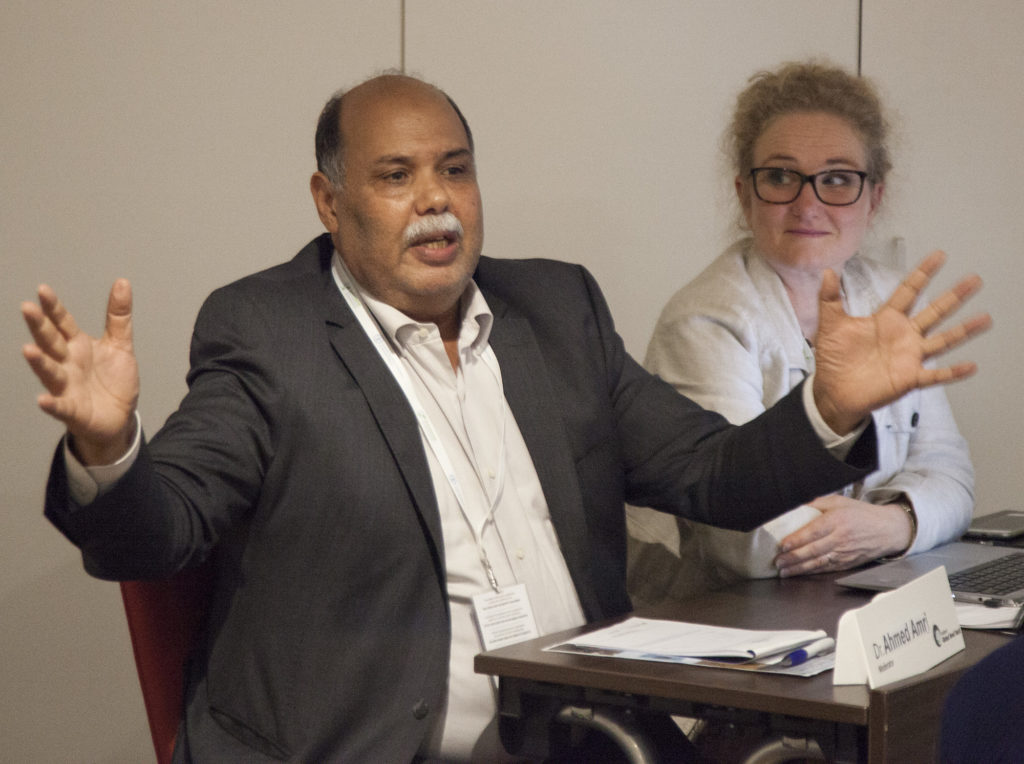
Beautiful greenery, the African sun and +22°C (71°F) might not be the scenery most associated with Svalbard Global Seed Vault. But this week the Seed Vault, or at least representatives of it, travelled south to participate in valuable discussions concerning access and rights to plant’s genetic resources. – These are important issues as we are standing before global challenges as climate change and finding sustainable solutions for feeding the world’s growing population, says Lise Lykke Steffensen, executive director of the Nordic Genetic Resource Centre (NordGen), operating manager of Svalbard Global Seed Vault.

10 years
The Norwegian Ministry of Food and Agriculture and NordGen hosted the side-event In Kigali, “Svalbard Global Seed Vault – 10 years of Safeguarding Seeds for the Future”. Ahmed Amri from the International Centre for Agricultural Research in Dry Areas (ICARDA) and member of the Seed Vault International Advisory Panel moderated the event and commenced by telling about the heart moving story of how the almost lost gene bank in Aleppo is in the the task of being restored, in many parts thanks to the Svalbard Global Seed Vault. – It is a huge task to propagate this amount of accessions. Only this year we propagate some 30 000 accessions fetched from the safety deposit in Svalbard. 7 000 of these grows in isolation cages, Ahmed Amri said.
Invites chairperson of GB
Grethe Helene Evjen, focal point of the Svalbard Global Seed Vault at the Ministry of Agriculture and Food, continued with a presentation of background and organization. She also, on behalf of Norway, invited the Chairperson of the Governing Body for the International Treaty on Plant Genetic Resources for Food and Agriculture to chair the International Advisory Panel of the Svalbard Global Seed Vault. – We would like to continue the strong linkages between the Governing Body and the Svalbard Global Seed Vault, Grethe Helene Evjen, said.
Security back-up in old mine
The executive director of NordGen, Lise Lykke Steffensen, informed about their experiences of the long-term operation of Svalbard Global Seed Vault, including some history of how NordGen already in 1985 constructed a Nordic security back-up in an old mine at Svalbard. She also went through the depositing process and the main principles for storing material in the Seed Vault. – It’s important to underline that all boxes in Svalbard Seed Vault is held under “black box arrangements”. This means that the material always belongs to the depositing organisation, and only they have the right to take it out. It has the same functions as a safe deposit box in a bank, Lise Lykke Steffensen said.
All deposits are free of charge. However, there may be other expenses surrounding the deposits, such as transport and the propagation. Many of the depositing gene banks has received support from Crop Trust, who was represented at the side event by Luigi Guarino, director of Science and Programs. – Our work for a global system ensuring he conservation and availability of crop diversity, rests on three pillars; international gene banks, national and regional collections and Svalbard Global Seed Vault, Luigi Guarino, said.
Different issues on the agenda
The week-long meeting in Kigali had the theme “The 2030 Agenda for Sustainable Development and the Role of Plant Genetic Resources for Food and Agriculture.” The Governing Body considered, among other issues, farmers rights, sustainable use, the global information system and the funding strategy. Deliberations focused on measures to enhance the functioning of the MLS – the Multilateral System, which makes genetic diversity and related information about the crops stored in gene banks available to all. – Plants gives us oxygen, clothes, energy, medicine and not the least food and solutions to climate change challenges. All plants start with a seed and we need to be able to freely exchange seeds to find opportunities in the future, Lise Lykke Steffensen says.
